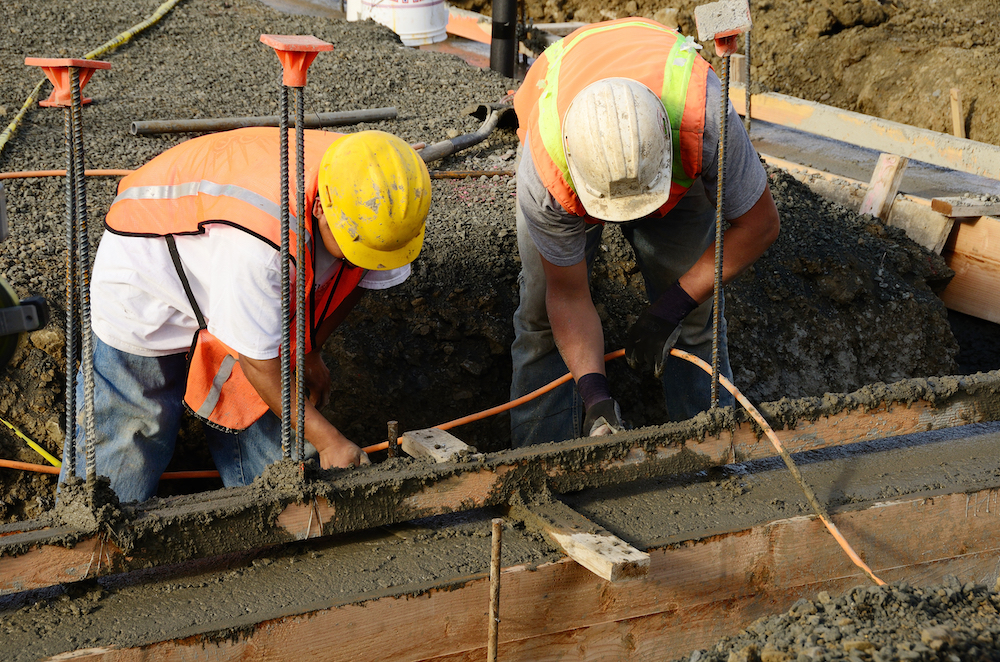
Last week, ENR.com published an article about legal problems mounting for The Aspire Group of Ohio, a prime contractor selected to head a $12.5 million renovation project at the Dayton VA Medical Center. The prime contractor is having serious legal problems, accused of not paying subcontractors and even for bribing a federal official. Some subcontractors on the project were stiffed for more than $300,000 each.
This article got me thinking about the nature of mechanics lien and bond claim compliance.
Everyone in the construction industry understands the financial risk inherent in each project. Hell, some large construction and material supply companies build huge departments tasked with simply managing the company’s credit risk.
Credit departments strictly analyze credit applications, pay thousands and thousands to monitor credit data, and then run around like cut monkeys when faced with a non-paying situation. It makes me think – what about the mechanics lien laws?
The Mechanics Lien Laws Were Created To Insultate The Construction Industry From Financial Risk
I previously wrote an article about the History of the Mechanics Lien. The story boils down to this: The United States had tons of land and no one to develop it, so Thomas Jefferson introduced the mechanics lien concept as a way to encourage builders and suppliers to take risks and build.
That concept has permeated throughout every state, and each state has largely adopted that purpose (See: state-by-state breakdown of mechanics lien laws).
Mechanics lien and bond claim compliance works, too. It is not only designed to insultate those in the construction industry from financial risk, but it actually accomplishes this. Check out this article to read about the 17 Ways A Mechanics Lien Works to Get You Paid to get an overview of why mechanics lien claims can penetrate through standard non-payment situations to get your pockets full.
So, if the mechanics lien laws are there to insulate companies from the market’s risk, why don’t companies put an emphasis on liens?
Are Companies Afraid To Reference The Term “Lien?”
Are mechanics lien claims so successful that they strike fear into the heart of everyone on a construction project?
From my experience I can say that the world of subcontractors and suppliers are divided into two camps: Those who preserve their lien rights without much concern, and those who avoid liens thinking it will lose them business. The former are correct.
It’s certainly true that general contractors and property developers hate mechanic lien filings, and they do everything they can to avoid these claims. They throw clauses into contractors prohibiting lien filings (which are usually invalid), they require lien waivers to shell out any payments, and they may make people feel threatened to avoid talking about “liens.”
From my experience, I can say that the world of subcontractors and suppliers are divided into two camps: Those who preserve their lien rights without much concern, and those who avoid liens thinking it will lose them business. The former are correct.
Of course no one likes to have a mechanics lien claim filed against their project, but it’s a fact of business for property owners and prime contractors. In fact, as I’ve discussed in a previous blog post, there are companies out there in the business of publishing software to help prime contractors manage preliminary notice documents. Clearly, there is a market for this. Clearly, therefore, these notices are sent lots.
Sending preliminary notices and filing liens is not going to tank your business. It’s going to save your business. If “Lien” is a four-letter word on a construction project, there are times when you need to shout it, and you ought be prepared to do so.



